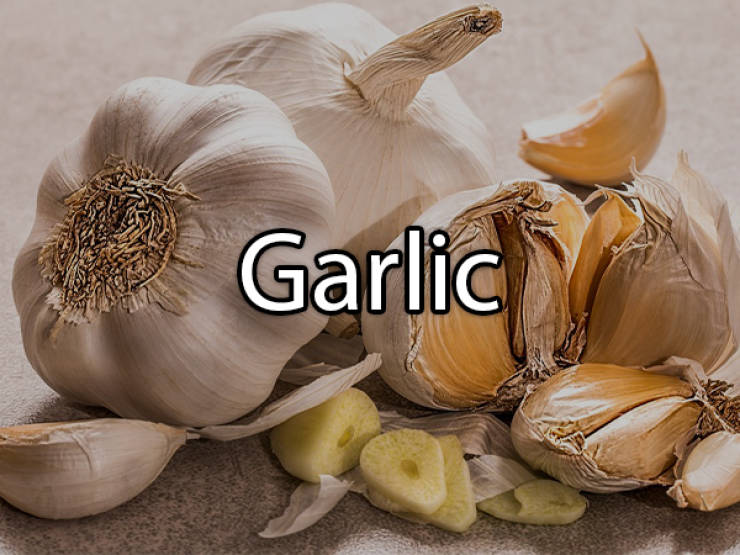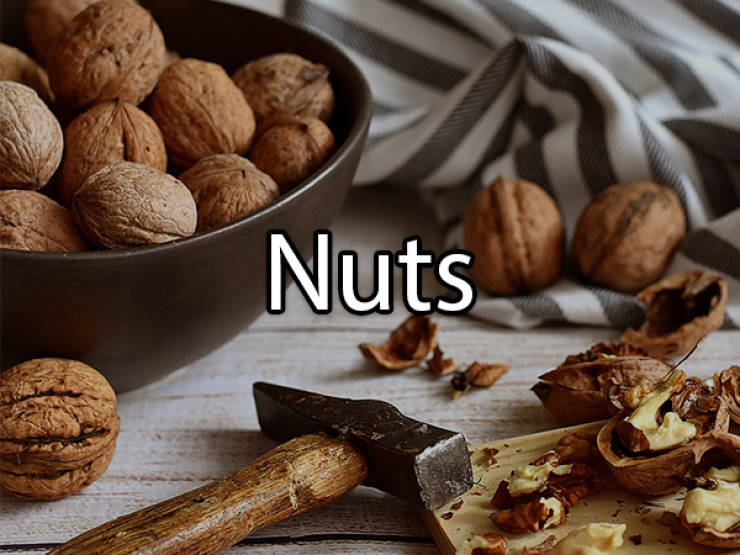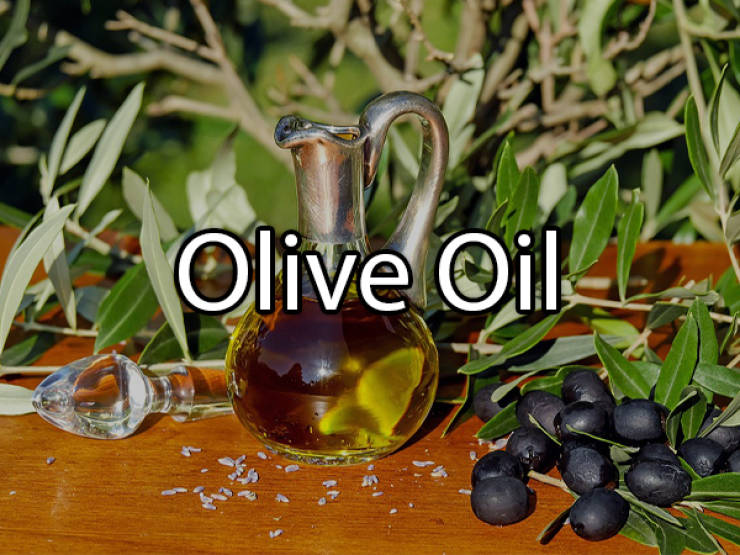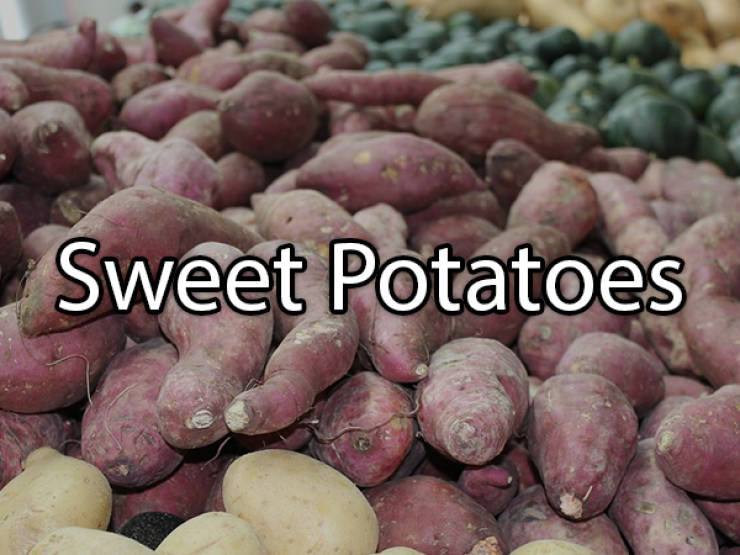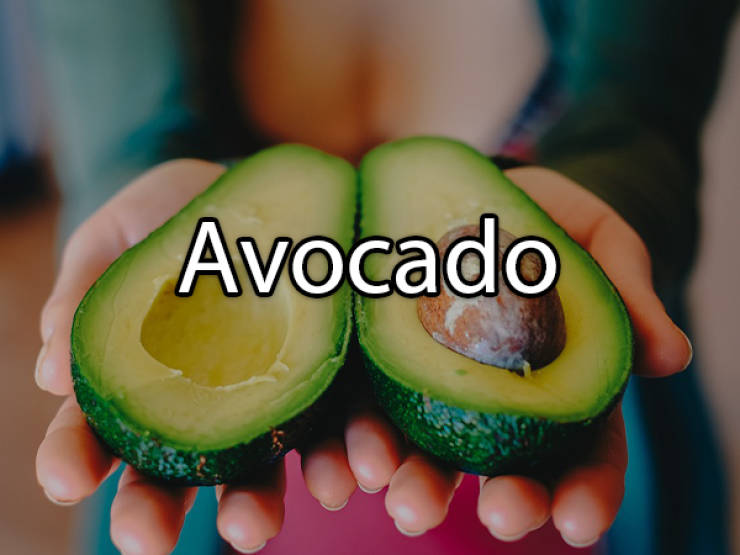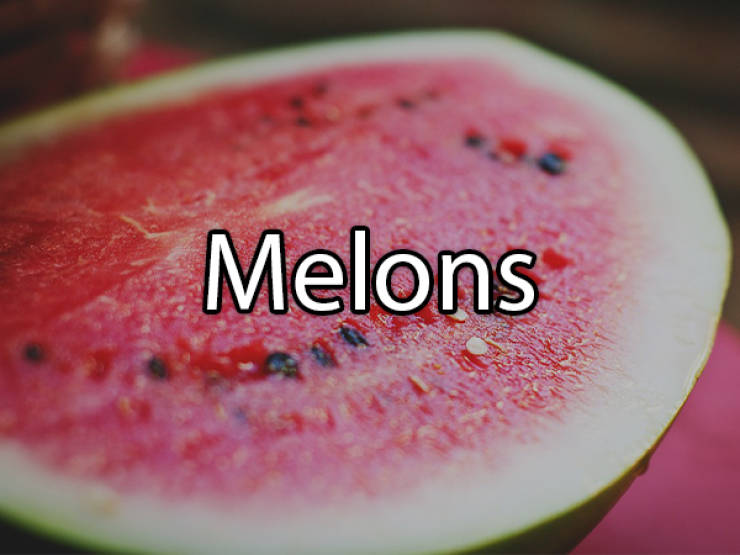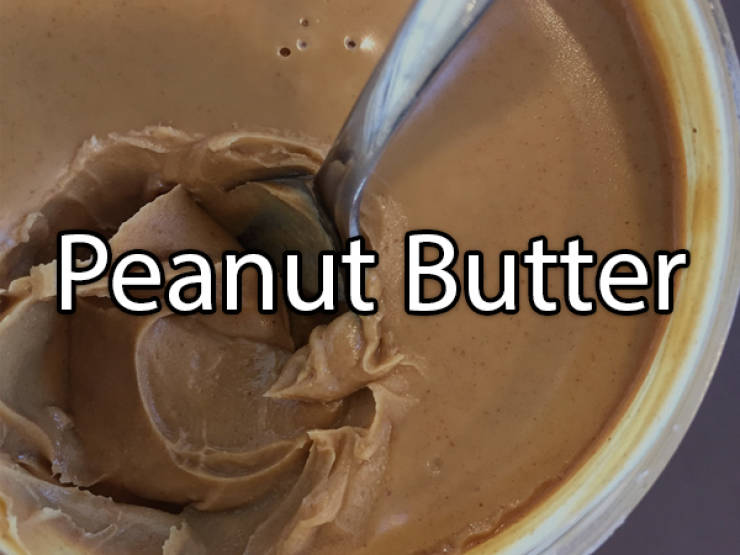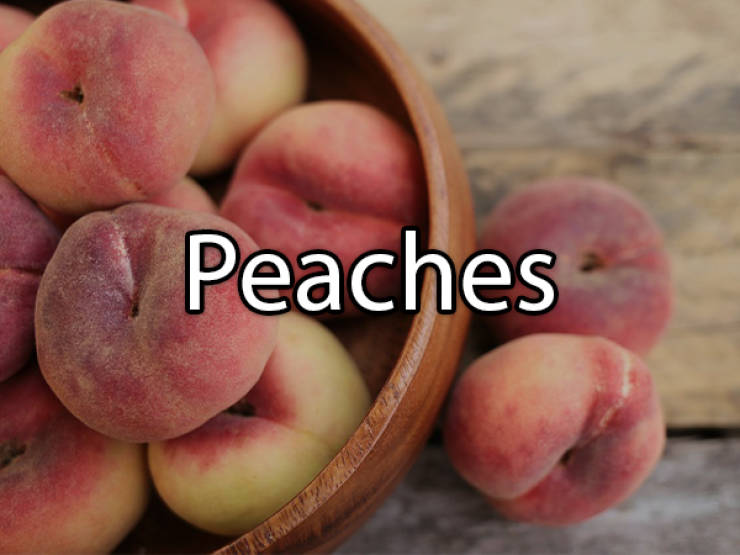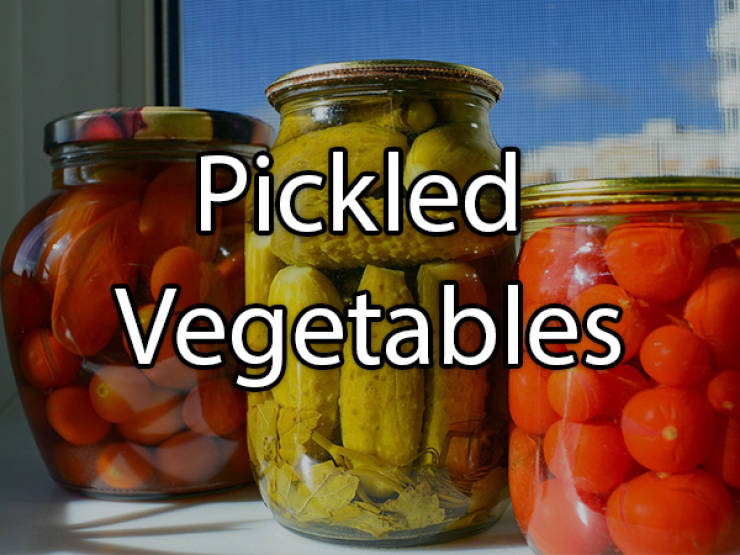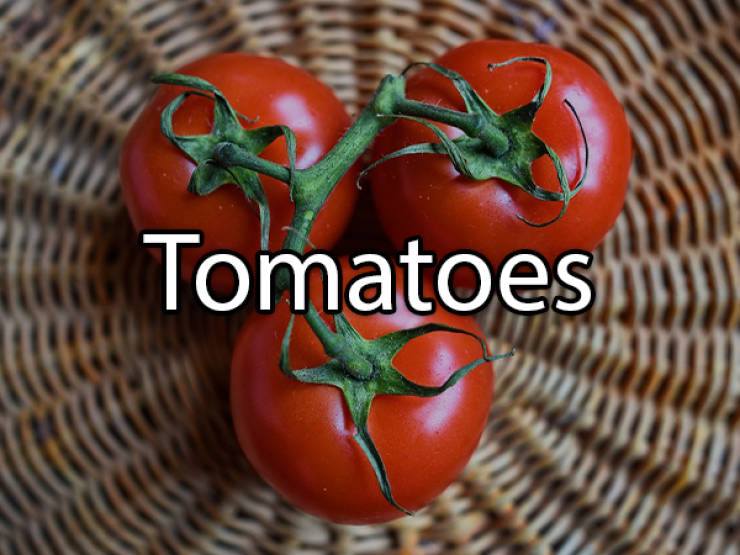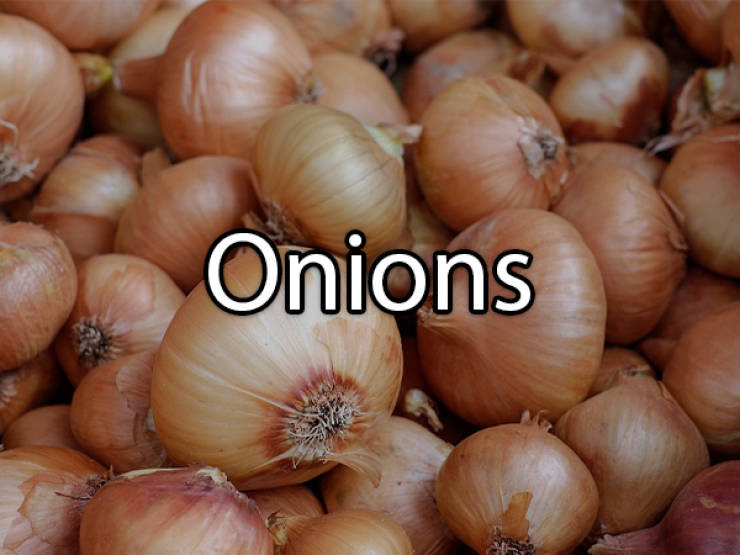Garlic deteriorates faster when stored in the fridge due to extra moisture, but only before it is peeled and prepared.
While the cold can help to preserve the natural oils in nuts, it impairs their flavor.
Lower temperatures cause honey to crystallize and solidify, making it harder to get out of the container.
Moisture from the fridge can cause the vegetable to get a little too ripe too quickly. Once cut, it can be kept in the fridge for about 4 days before going bad.
Oils should be stored at room temperature in order to maintain the color and consistency of the substance. Putting olive oil in the fridge can cause it to become cloudy and grainy.
Cold temperatures cause the starch in a potato to turn to sugar, which can make it tasteless and discolored.
Just like regular potatoes, storing sweet potatoes in the fridge will cause its chemical compounds to change. This ruins the texture and flavor.
Cold temperatures change the structure of bread and make it taste stale.
Storing pumpkin in the fridge causes it to turn faster. When left out it is able to toughen its skin which keeps it fresh.
Chilling avocados will prolong the ripening process, so they should be left out until ripe. Put them in the fridge once they are ripe if you can’t eat them right away.
The cold slows down the ripening process of this fruit.
Coffee naturally takes on the smell of ingredients around it, so storing it in the fridge will damage its flavor.
Melons should only be stored in the cold once cut.
Warm temperatures are needed in order for bananas to ripen properly.
The heat of the sauce will be much more potent if stored in warmer temperatures, and the vinegar in hot sauce prevents any bacterial growth.
Putting dried fruit in the fridge adds unwanted moisture. If stored correctly, they may last up to six months.
When kept in the refrigerator, syrup becomes stiff and hard to pour.
The cold temperature and added moisture from the fridge messes with the taste, color and texture of chocolate.
Condensation from the refrigerator can leave pastries limp and soggy.
Peanut butter becomes hard and stodgy when stored in the fridge.
Storing peaches in cool temperatures harms the ripening process and leaves them at a higher risk of spoiling.
The preservatives used in manufactured pickles keep them safe in the cabinet. However, if you’ve pickled your own vegetables they should be kept in the fridge.
Unwanted condensation will harm dried spices when stored in the fridge.
Chocolate spreads, such as Nutella, have a more prominent flavor and are easier to spread when stored in warmer temperatures.
Probably one of the most highly debated on this list, ketchup can be stored in the cupboard. Bottled ketchup was sold years before refrigerators became commonplace. The high vinegar, salt and sugar content make the condiment safe to store at room temperature.
The high salt content means soy sauce can be stored at room temperature for up to six months. Though some brands may say it must be refrigerated, restaurants safely leave the condiment out all day.
Unless you are planning on opening the bottle within five days, champagne should be stored on its side away from the light. The fluctuating temperature in the fridge caused by the door opening and closing can wreak havoc on a bottle.
Citrus fruits are juicier and more full of flavor when stored at room temperature. If you need them to keep longer, store them in a plastic bag inside the crisper drawer of the fridge.
It is perfectly safe and easier to use butter that is stored in a covered dish outside of the fridge. However, if you aren’t going to use it within a few days it should be stored in the fridge for safe keeping.
Soft hearbs like basil, mint, parsley and dill should be treated like flowers and kept out in a glass of fresh water. If confined to the fridge, the leaves will wilt and become soggy.
Fridge temperatures damage the membranes of tomatoes and make them watery as well as permanently dampening their flavor.
Onions will become damp and soggy in the fridge, which will make them spoil if left in there for too long.

